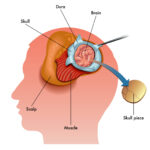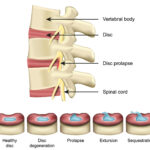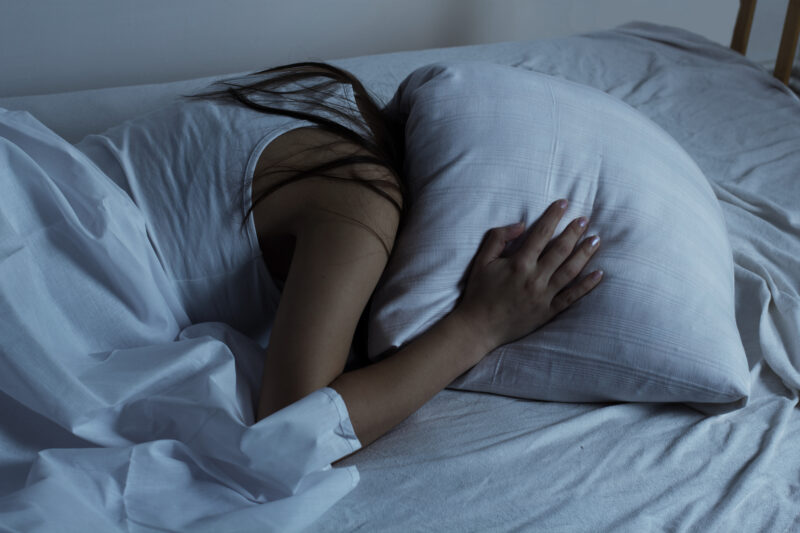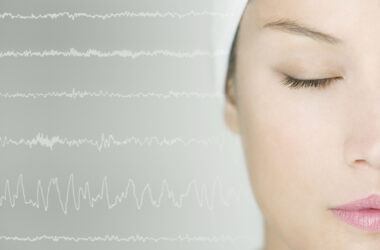Insomnia is a medical condition that a majority of people experience at various points throughout their lives. In conversation, insomnia is generally spoken of in a light manner, but it can be quite an exhausting condition.
There are many different causes of insomnia, with some being quite common and others relatively rare. However it comes about, insomnia can have a drastic effect on the following day, as rest is essential for the functionality of your body.
In this article, you’ll get insight into how chronic pain is directly correlated to insomnia and how this can be managed with certain medical treatments and home remedies.
Insomnia and Chronic Pain
Roughly 50% of individuals suffering from chronic pain are bound to deal with insomnia as well. The same goes for 50% of people dealing with insomnia, as chronic pain is bound to occur.
Many patients who are dealing with both medical complications have highlighted an increase in disability with various aspects of everyday functions.
Addressing both conditions has been a hot topic for researchers all over the world, as they can deliver a seemingly endless cycle of discomfort for patients.
Other studies have shown that cognitive processing biases are known implications for both insomnia and chronic pain.
These cognitive biases are seen as potentially modifiable targets for a variety of different treatments.
It’s also thought that the overlap between chronic pain and insomnia means that both conditions share underlying mechanisms.
One condition can trigger the other and vice versa, which means treatments should be catered to handle both if they’re present.
The cognitive model proposed in current research provides vital insight into the different treatment options available for co-occurring insomnia and chronic pain.
What are the External Causes?
Both of the health conditions in question come with their own set of causes. Many of them go hand-in-hand, meaning both sets of causes can be felt when dealing with either insomnia or chronic pain.
Some of the symptoms pertaining to chronic pain include:
- Insomnia
- Infections
- Nerve damage
- Fibromyalgia
- Back problems
- And more
Known causes of insomnia include some of the following:
- Travel
- Work schedules
- Common stress
- Chronic pain
- Inconsistent eating schedules
- And much more
Although both health conditions seem rather daunting, both can be effectively treated with the right path.
Most, if not all of the causes mentioned above can be avoided with the right lifestyle choices, but they’re also quite common for numerous individuals worldwide.
It should also be understood that certain medications can induce insomnia.
Moreover, if you happen to be diagnosed with chronic insomnia, the condition may be a bit harder to manage.
Both chronic pain and insomnia can come with numerous risk factors if left untreated. These risks can pose significant health concerns that are far beyond physical discomfort and a lack of sleep.
Some risks associated with these conditions are as follows:
- Poor performance at work
- Development of mental health disorders
- Slowed reaction time
- Irritability
- Changes in mood
- Increased risk of long-term diseases
With the fast-paced nature of the world, more people are encountering chronic pain and insomnia than ever. In some instances, the onset of these conditions is so rapid that it can be pretty tricky to learn how to manage them.
Doctors may prescribe medications when needed, but there are also a number of therapeutic and holistic practices that can make a huge difference.
In some cases, many patients can alleviate their symptoms merely by exercising certain lifestyle changes.
Treatments to Consider
In regard to chronic pain, there are a handful of treatment options that doctors are likely to explore.
Chronic pain can be extremely distracting due to physical discomfort, so medicine is generally a first choice for many doctors.
Most people can do just fine working with over-the-counter pain medication, but sometimes a prescription is needed to get the job done.
Drugs like opioids or muscle relaxers can do wonders depending on the type of chronic pain, but there’s also a risk of misuse with these types of drugs.
In regard to therapy, here are a few options that are proven to be quite helpful:
- Physical therapy
- Occupational therapy
- Low-impact exercises
- Behavioral therapy
Patients have found even more success by exploring a combination of treatment options. To effectively treat insomnia, many of your options pertain to lifestyle changes.
Some of these changes could include the following:
- Utilize mental and physical relaxation techniques
- Set sleep limits each day
- Stop drinking and smoking
- Reduce screen time before bed
- Eat healthier
- And much more
Insomnia can be a tricky health condition to manage as it can require many different changes to your daily routine. However, it is beatable, and you can limit the presence of chronic pain by doing so.
It’s known that the most effective route for treatment is by combining many of these solutions together.
You’ll also find comfort in using cognitive behavioral therapy for insomnia. From a blend of mental and physical changes, insomnia can become pretty rampant, but it doesn’t have to be a permanent problem.
Final Notes
It’s no secret that insomnia and chronic pain are heavily correlated with each other. This is apparent in current research due to the various mechanisms of action that may work together.
No one would deny that both conditions are uncomfortable, but having to deal with both can make life a lot harder than you should have to deal with.









